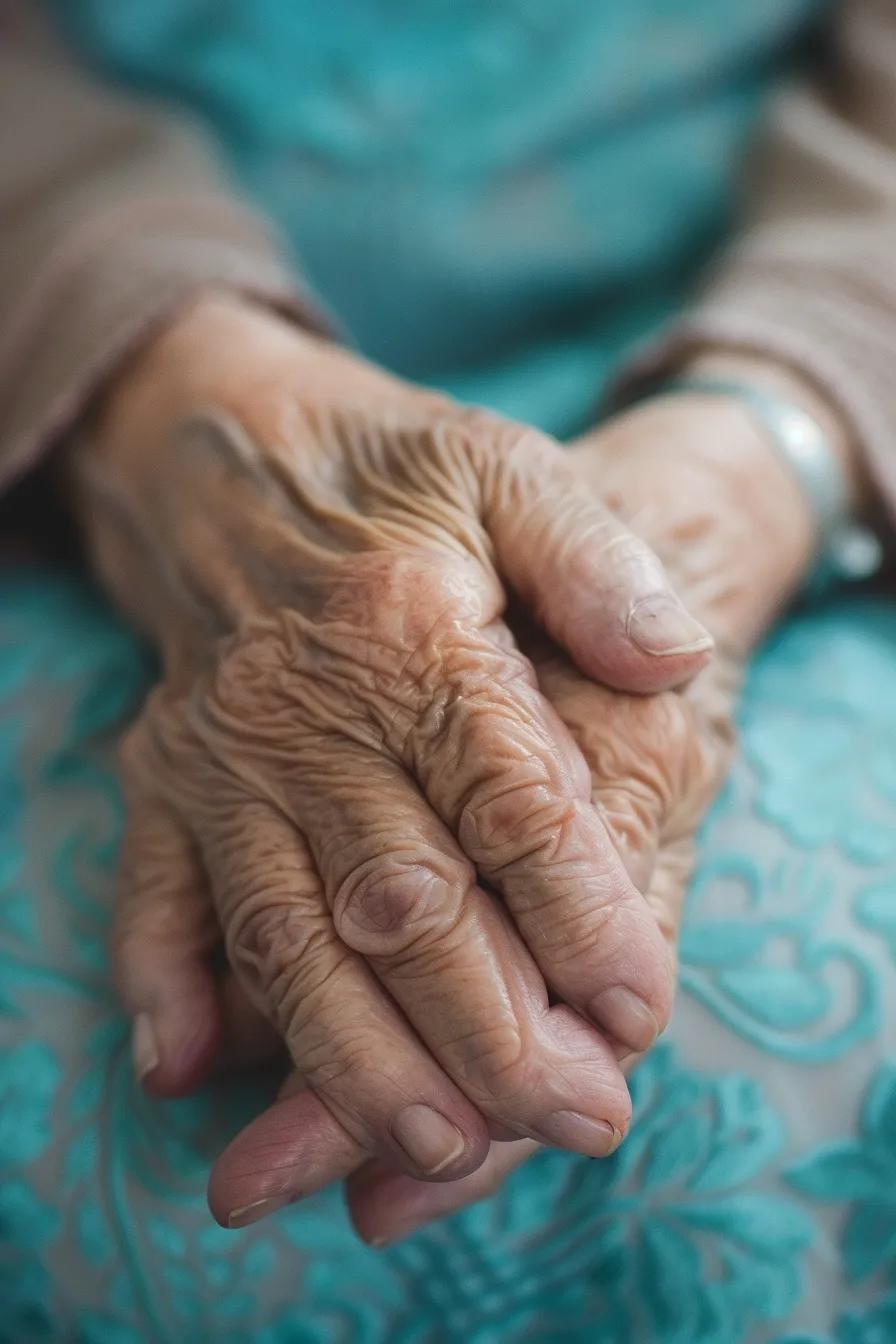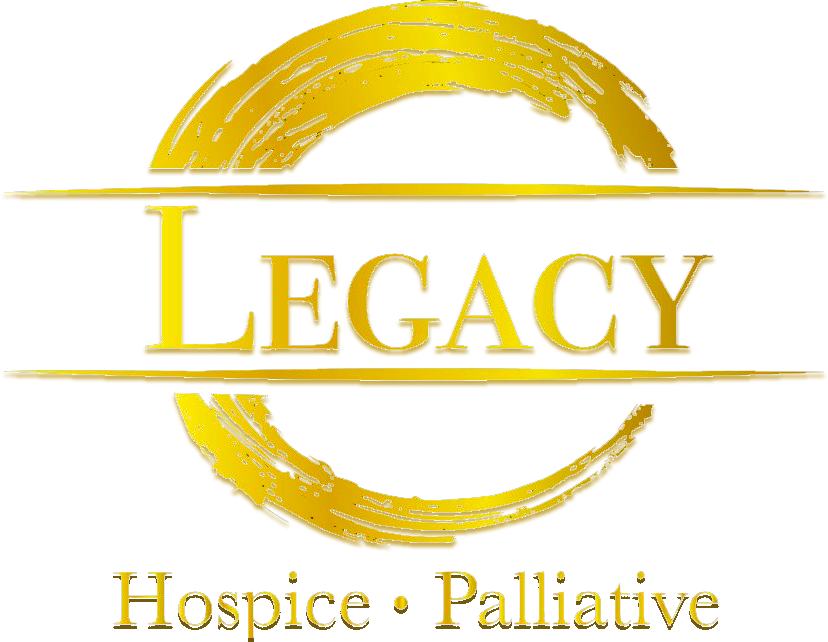
How to Qualify for Hospice: Understanding Key Requirements
Understanding hospice eligibility is essential for end-of-life care. Learn the key requirements and expert assessments to qualify for hospice services today.

Understanding hospice eligibility is essential for end-of-life care. Learn the key requirements and expert assessments to qualify for hospice services today.

Experience compassionate hospice care that provides essential support and comfort for families. Learn about its benefits and how it can ease the journey.



patient, disease, terminal illness, nursing, therapy, grief, pain, physician, caregiver, pain management, quality of life, compassion, chaplain, prognosis, health care, medicaid, primary care, registered nurse, psychosocial, life expectancy, discrimination, shortness of breath, bereavement, comprehensive, compassionate care, legacy hospice, healthcare, palliative, medication
legacy hospice and palliative care, palliative and hospice caregiver faqs, serene care hospice, serene hospice care, hospice patient care, the 5 stages of grief, legacy care hospice, what resources are available for end of life care in southern california, what are the stages of grief
Eligibility for hospice care typically requires a physician's certification that a patient has a terminal illness with a prognosis of six months or less to live. This determination is crucial as it ensures that patients receive the appropriate level of care tailored to their end-of-life needs.
In addition to the terminal diagnosis, patients must also choose to forgo curative treatments and focus on comfort care. Legacy Hospice assists families in navigating these eligibility requirements, providing clarity and support during this challenging decision-making process.
Caregivers play a vital role in both palliative and hospice care, providing essential support to patients and their families. They are responsible for daily care tasks, emotional support, and facilitating communication between the healthcare team and the patient's family.
At Legacy Hospice, caregivers are trained to manage symptoms, provide companionship, and assist with personal care needs. Their involvement not only enhances the quality of life for patients but also alleviates stress for family members, creating a more supportive environment during difficult times.
Many people mistakenly believe that palliative care is only for end-of-life situations, but it can be provided at any stage of a serious illness. This approach focuses on relieving symptoms and improving the quality of life, regardless of the prognosis.
Legacy Hospice aims to educate the community about the benefits of early palliative care intervention, which can lead to better management of symptoms and a more holistic approach to treatment, ultimately enhancing patient comfort and dignity throughout their illness journey.
Legacy Hospice provides a range of support services designed to meet the unique needs of patients and their families. These services include emotional counseling, spiritual support, and assistance with practical matters such as advance care planning and navigating healthcare options.
In addition to direct patient care, Legacy Hospice offers resources and respite care for family members, ensuring they receive the support they need while caring for their loved ones. This comprehensive approach helps families cope with the emotional and logistical challenges of end-of-life care.